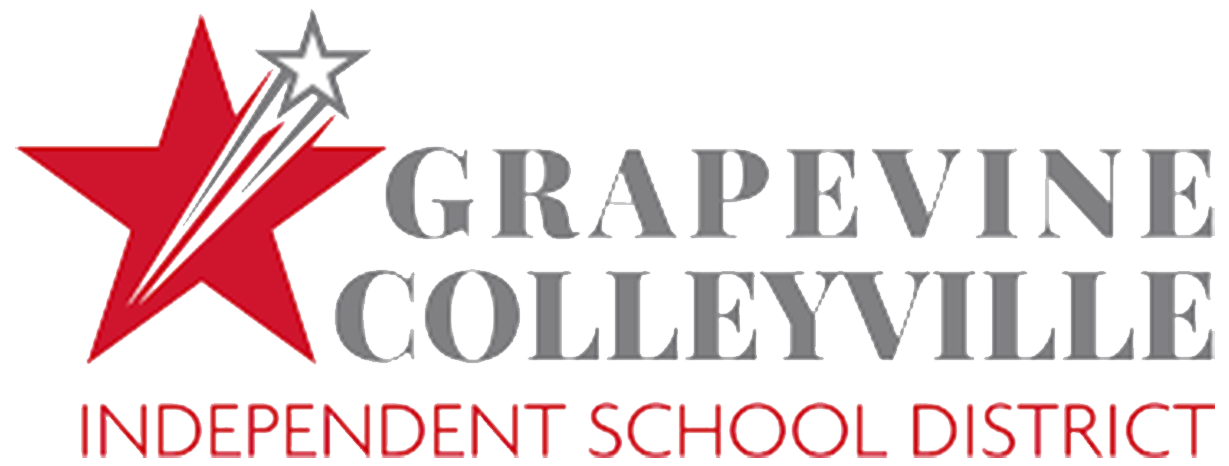More than 230 students from Grapevine-Colleyville ISD's Career and Technical Education (CTE) program partnered with over 65 community volunteers and district leaders for two days of mock interviews held Tuesday and Wednesday, October 1 and 2.
“We prepare our students with the skills needed to be successful in their fields, and now we are adding one more component that will hopefully get them through that door as they enter the workforce, college or military,” CTE Director Stephanie Speaks stated.
For Colleyville Heritage High School senior Ely Amerson, the mock interview experience was more than a practice run for the future. He thought it was a valuable learning experience.
“I thought it went really smoothly. I felt well-prepared,” Amerson said. However, he also encountered questions that he knew were a struggle, such as talking about his weakness and turning that into a strength.
“I feel like that really threw me off, and that’s something that I want to work on because at the end of the day, people want to know how you responded [to the situation].”
According to Speaks, the mock interviews are a natural extension of what students are learning in the CTE program.
“This year, we put together a curriculum for our teachers to take our students through creative resume writing,” she stated. “We did some professional development in August where we brought in guest speakers who talked about what resumes now need to include.”
They also brought in guests to share “STAR” interviewing methods, which are based on the interviewees structuring their answers around a specific situation, task, action, and result. Teachers then took those skills and incorporated them into their classes, in addition to the technical skills that are taught in CTE’s various programs of study.
“We cover key topics like resume writing and interview techniques in the classroom,” Speaks explained. “This exercise allows students to apply those skills in a low-pressure, real-world setting, helping them develop both technical and soft skills that will serve them in the future.”
After each interview, volunteer interviewers provided five minutes of verbal feedback and also completed a rubric evaluating, not just the students’ responses, but also their body language, eye contact, interjections such as “ums” and overall presentation. A folder with the feedback will be provided to the teachers who in turn will distribute them to the students to help them continue improving their skills.
“This is a great opportunity to get feedback. Typically after a real interview all you might get is ‘thank you, but we decided to go with another candidate’,” Speaks said. “This exercise is an opportunity for our students to hear how to improve.”
Amerson, who has interviewed for a few jobs, could see why the mock interviews will help in the future.
“At the end of the day, it’s all about repetition,” he explained. “The more experience you get in something, the better you’re eventually going to be at it. There’s only positives that can come from getting better at interviewing. It’s going to be something that you’ll encounter for the entirety of your life.”

